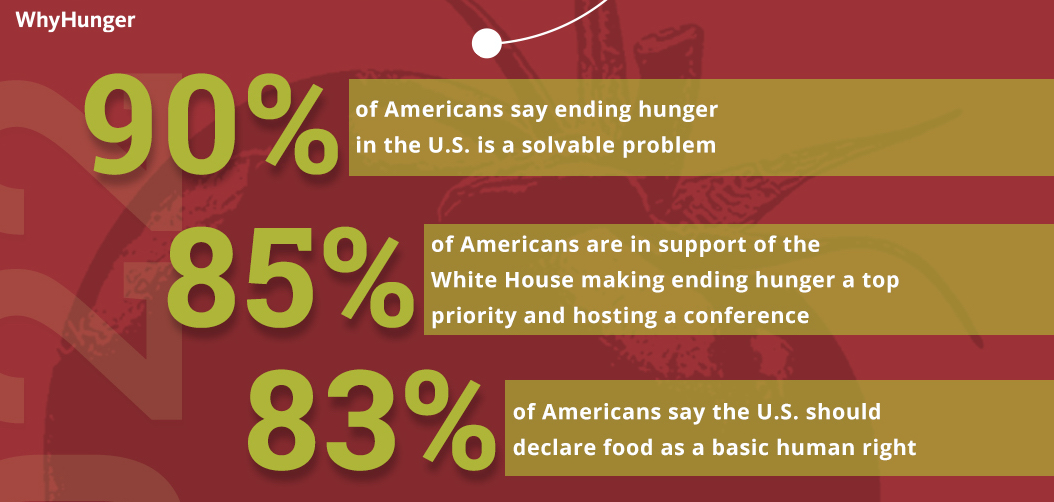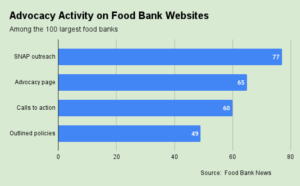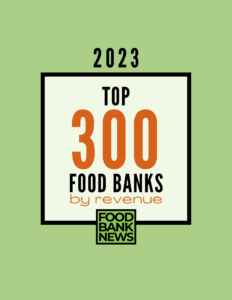WhyHunger has long advocated that food is not the answer to hunger. Now it has affirmation that the general population is starting to get it.
Its recent survey of 1,060 U.S. adults across all income levels found that people are acknowledging ways of solving hunger that have nothing to do with food. Sixty-nine percent said ending hunger in the U.S. is a political choice, while 59% said hunger cannot be solved without addressing root causes like economic injustice, racism and low wages.
It’s a deeper understanding of the nature of hunger that has been decades in the making, according to Noreen Springstead, who has been with WhyHunger for 30 years and now serves as its Executive Director. She noted, “People used to look at us like, ‘What are you talking about? Root causes? What?’”

These days, plans for addressing hunger that include concepts like the right to food are becoming more mainstream, with 83% of Americans saying the U.S. should declare food as a basic human right and 90% saying that ending hunger is a solvable problem.
The country will have the opportunity to put its ideas into action at a White House Conference on Food, Nutrition, Hunger and Health, which is expected to take place later this year. Congress recently granted the Department of Health and Human Services $2.5 million to organize the conference, which would develop a roadmap for ending hunger and improving nutrition by 2030.
The conference has been a high priority for years for Massachusetts Representative Jim McGovern, who helped introduce the bill to support the convening. It would run 52 years after the first national conference on hunger, which resulted in 1,800 policy recommendations, including the creation of WIC.
Proponents are hoping for similar impact from the 2022 conference. “The result of the conference needs to be the roadmap – a transformative, whole-of-government roadmap to ending hunger,” Springstead said, adding, “No one wants this to be a photo op or a drop-in.”
More informed policies from every department of the government are deemed essential, given the way hunger is influenced by other factors, including transportation, wages, housing and justice. “Policy would be a game-changer for hunger,” Springstead said.
So many of the solutions for ending hunger already exist, she noted, from living wages, to universal free school meals, to grassroots community food projects. “There are so many incredible projects we could be doing,” she said.
So far, the conference has inspired the reconvening of the National Association of Hunger Organizations, a historically robust group that had been defunct in recent years. Made up of FRAC, Feeding America, Congressional Hunger Center, Center on Budget and Policy Priorities, Share our Strength, WhyHunger, Hunger Free America, Meals on Wheels, and the Alliance to End Hunger, the association has renewed its commitment to working together, Springstead said.
Such large-scale responses are imperative. The U.S. has been “limping along” in its response to hunger, which Springstead called “America’s dirty little secret.” She added, “If we’re going to tackle this big problem, we have to be really serious about it.” – Chris Costanzo
Like what you’re reading?
Support Food Bank NewsConnect with Us:










